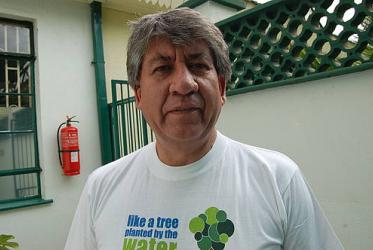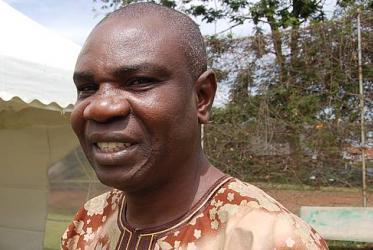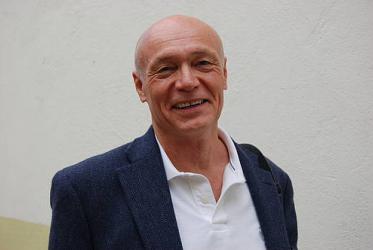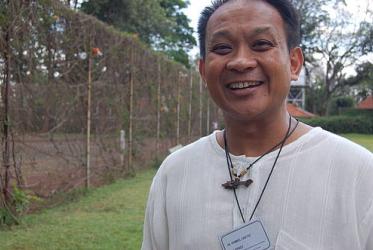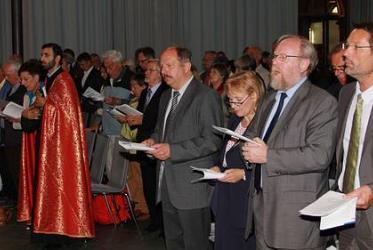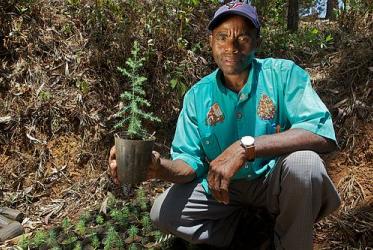Displaying 721 - 740 of 820
Seeking government partnership for water justice
31 October 2011
Climate change is at its root a spiritual crisis
28 October 2011
Steering for human rights to water
28 October 2011
Sustainable water projects need ownership
28 October 2011
Ecumenical journal analyses greed in global economics
27 October 2011
Water: a political issue needing political solution
27 October 2011
Water crisis in Tuvalu
13 October 2011
WCC supports Ecuador’s Yasuni project
13 October 2011
Raising ethical dimensions in debate on climate justice
22 September 2011
WCC general secretary: Peace and justice gain momentum
14 September 2011
Time for Creation 2011: A call to pray, reflect and act
14 September 2011
WCC Executive Committee in Ethiopia exposed to famine situation
13 September 2011
Time for Creation 2011: Trees and forests shall rejoice
31 August 2011
Water conflicts pose threat to global peace
04 July 2011
An environmental agenda for the churches
21 May 2011
